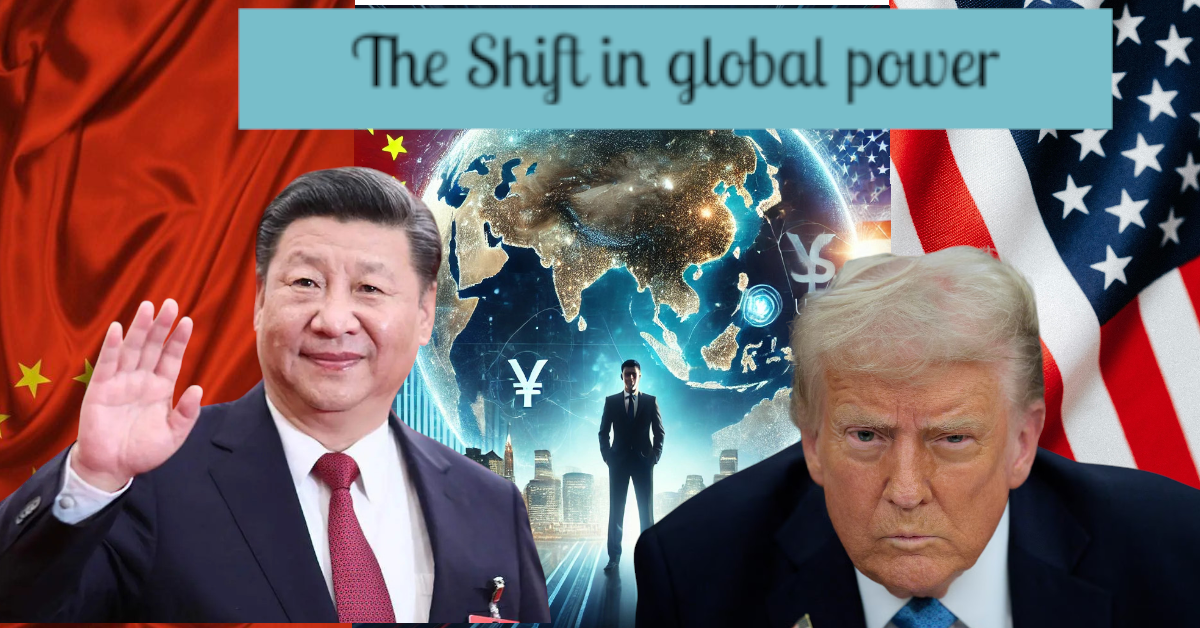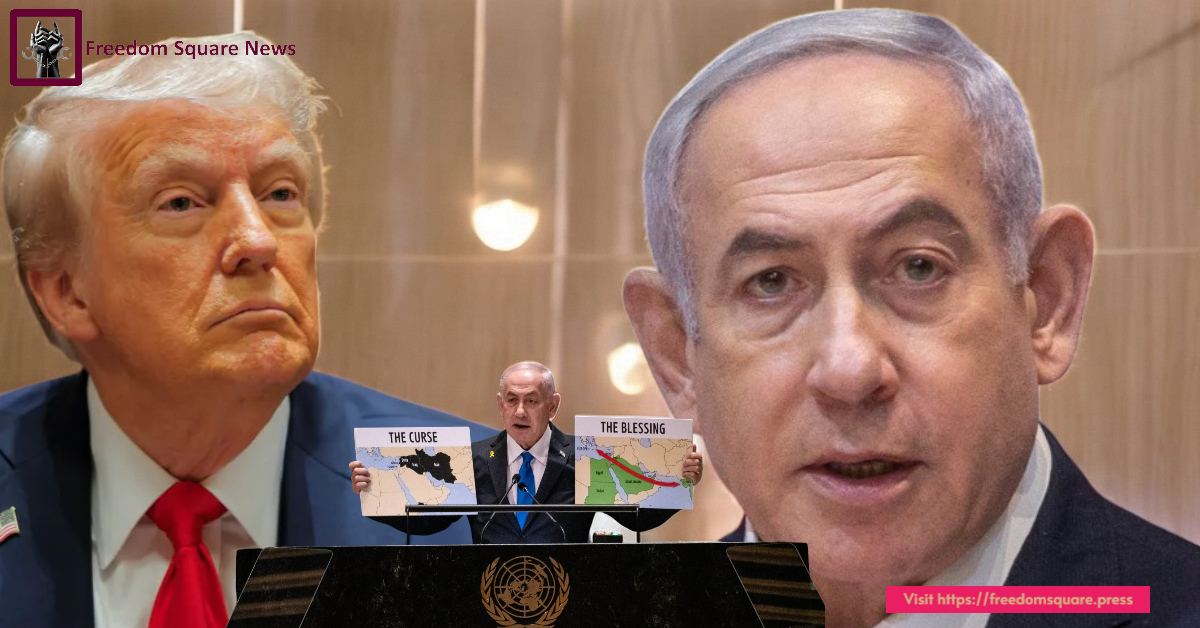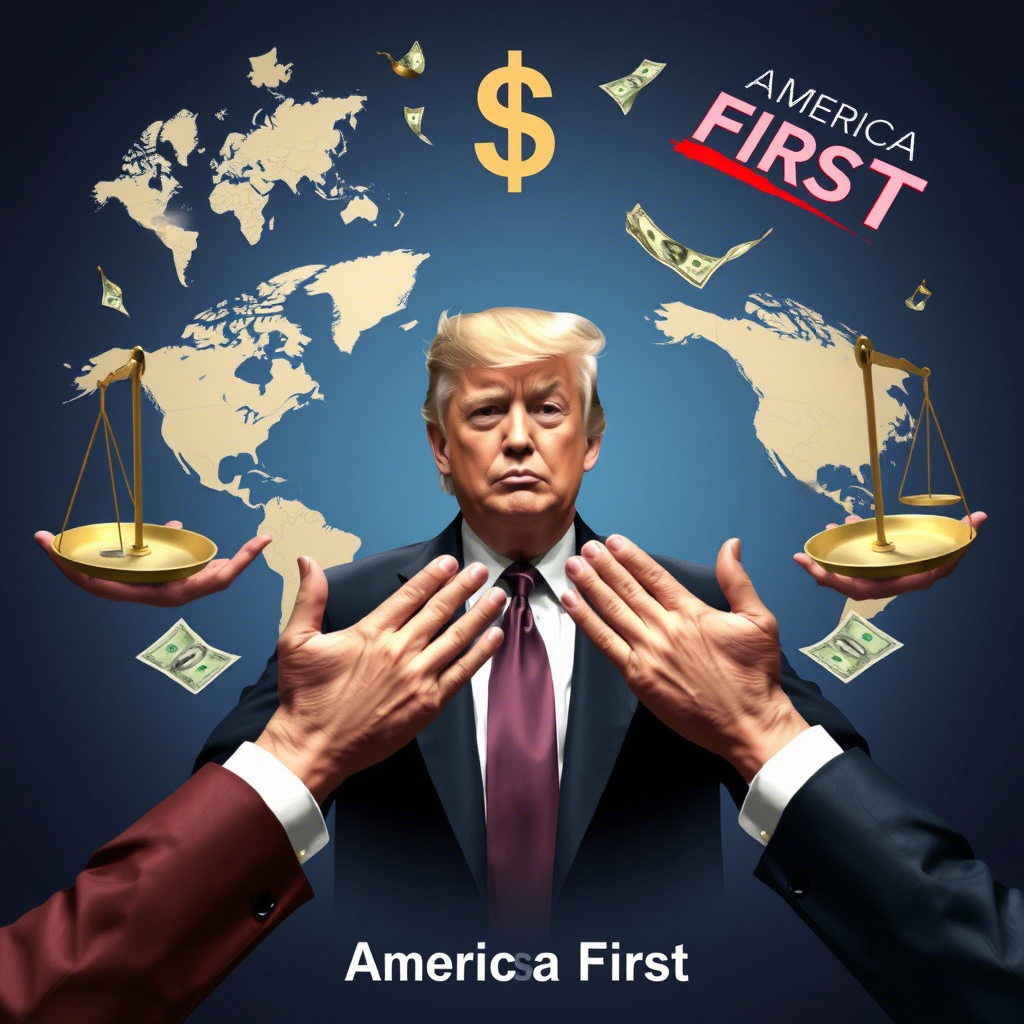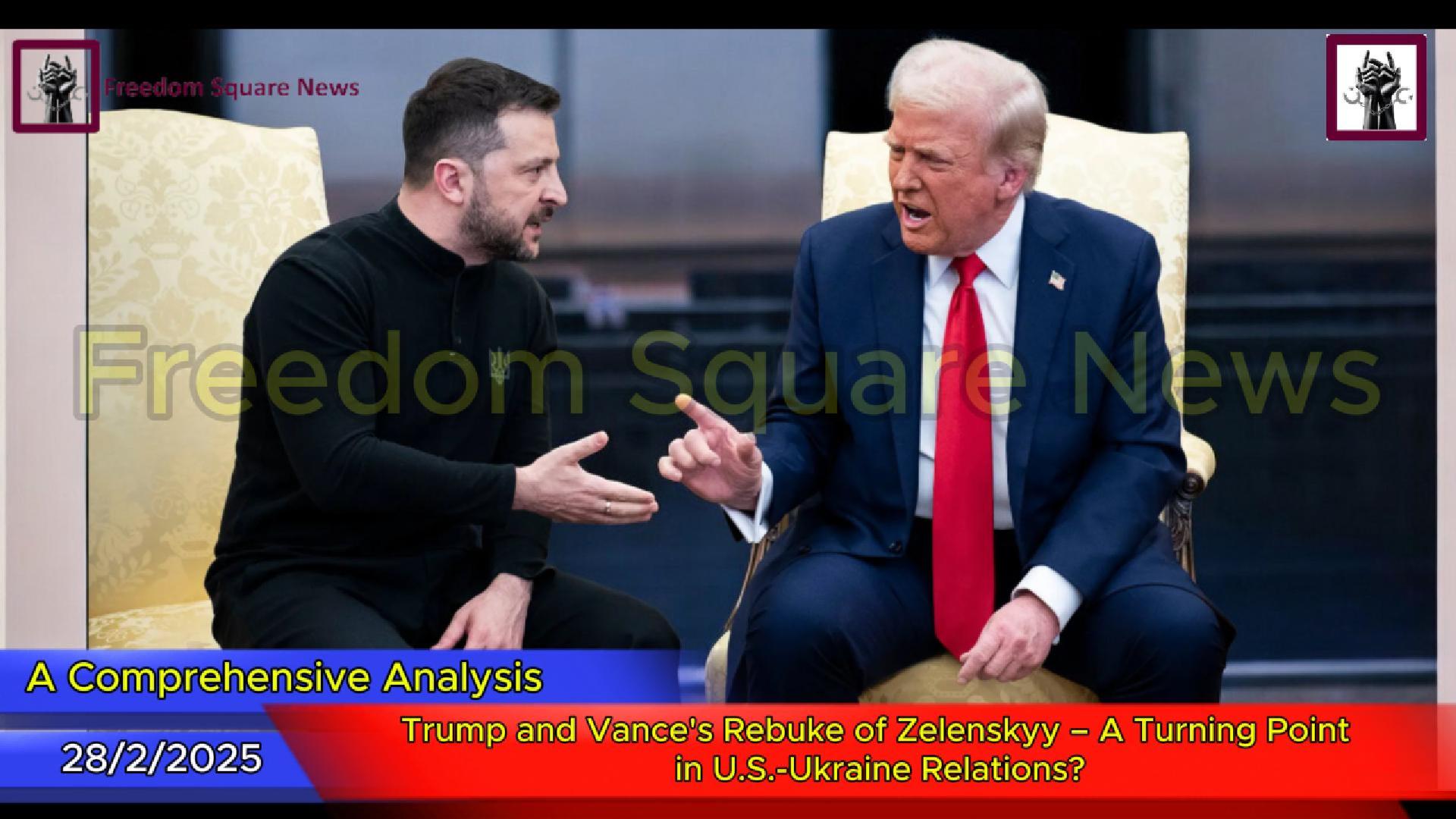A Populist Presidency at a Democratic Crossroads
As President-elect Donald Trump prepares to take office in January 2025, questions about the future of American democracy are more pressing than ever. With controversial appointments tied to the Heritage Foundation’s Project 2025 and his unmistakable flair for populist rhetoric, Trump’s second term may fundamentally reshape the nation’s political and institutional landscape.
The stakes are high: Is Trump merely a polarizing leader, or does his rhetoric and policy direction signal a deeper transformation of democratic norms in the United States?
Populist Rhetoric as a Tool for Power: Donald Trump’s populist appeal has been the cornerstone of his political success. His slogans like “Make America Great Again” and “America First” resonate deeply with millions who feel left behind by globalization, demographic shifts, and what they see as political overreach by liberal elites.
Trump’s rhetoric mirrors historical populists, including Adolf Hitler, in its ability to galvanize large sections of the populace. Hitler, rising from the ashes of post-World War I Germany, promised national restoration by scapegoating minorities and exploiting societal divisions. Similarly, Trump has used his platform to cast immigrants, China, and the “deep state” as threats to the American way of life.
Unlike Hitler, however, Trump operates within a robust democratic framework. Yet, the potential for populism to erode institutional norms and foster authoritarian tendencies cannot be overlooked. Trump’s consistent challenges to electoral legitimacy and his rhetoric targeting the press as the “enemy of the people” have raised alarms about the health of U.S. democracy.
Project 2025: A Blueprint for Transformation?: A critical piece of Trump’s second-term puzzle lies in his alignment with Project 2025, a conservative policy framework designed by the Heritage Foundation. The project proposes sweeping changes to federal governance, advocating for expanded presidential powers, dismantling bureaucratic oversight, and reshaping immigration, health, and national security policies.
Trump’s cabinet appointments provide a glimpse into how Project 2025 may influence his administration. Controversial figures like Russell Vought, Stephen Miller, and Tom Homan are among those nominated to key positions. Each has played a significant role in crafting Project 2025’s proposals, suggesting a coordinated effort to implement the project’s vision.
For instance, Vought, nominated for the Office of Management and Budget, has championed the centralization of executive power. Similarly, Miller’s role as Deputy Chief of Staff for Policy is likely to focus on executing the project’s aggressive immigration and national security agendas. These appointments signal a potential shift in the balance of power between the executive branch and other democratic institutions.
The Risks of Populism: Erosion of Democratic Norms
The real peril of Trump’s populist rhetoric and his alignment with Project 2025 lies in the gradual erosion of democratic norms. Populism thrives on polarization, creating an “us versus them” dynamic that undermines trust in institutions and fosters division.
Trump’s repeated challenges to the legitimacy of elections and his vocal disdain for the judiciary, media, and opposition parties create an environment ripe for democratic backsliding. While the U.S. Constitution provides significant checks and balances, a leader who systematically chips away at public trust in those institutions could weaken their effectiveness over time.
This was evident during Trump’s first term, particularly in his handling of the 2020 election results. His refusal to concede, coupled with baseless claims of voter fraud, culminated in the January 6 Capitol riot—a stark reminder of how populist rhetoric can manifest in real-world chaos.
The Potential for Transformation: Despite the controversies, Trump’s approach could also usher in significant changes that resonate with his base. His appointments suggest a commitment to streamlining government, decentralizing federal authority, and reducing regulations—priorities that align with the conservative vision outlined in Project 2025.
Supporters argue that Trump’s rhetoric and policy agenda represent a necessary corrective to a bloated bureaucracy and out-of-touch elites. His ability to connect with disillusioned voters and challenge entrenched systems has undeniably reshaped the Republican Party and American politics at large.
A Crossroads for Democracy: As Trump’s second term looms, the United States stands at a crossroads. His populist rhetoric and controversial appointments tied to Project 2025 raise serious questions about the resilience of American democracy.
While the Constitution’s checks and balances have weathered challenges in the past, the combination of populist fervor and concentrated executive power poses risks that should not be underestimated. Trump’s presidency will likely test the limits of the nation’s democratic norms and institutional safeguards.
Whether Trump’s America emerges as a reformed democracy or a fractured system will depend on how his administration balances its transformative ambitions with the enduring principles of accountability and constitutional governance.
The stakes have never been higher for the future of American democracy.



